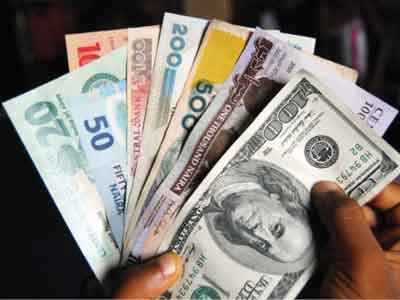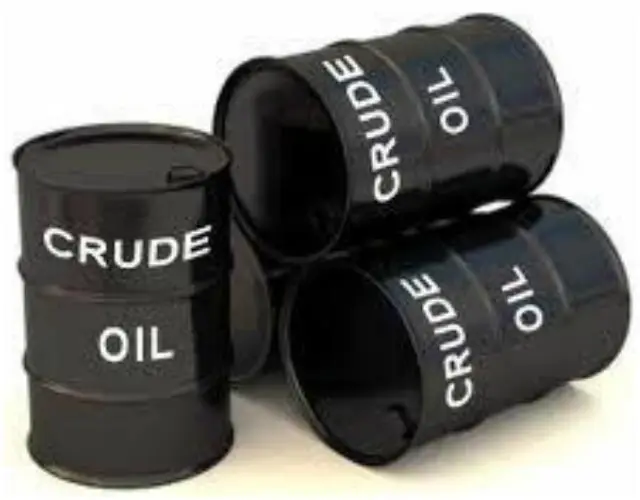Benchmark Brent oil was down $1.45, or 2.8 percent, at $50.39 a barrel by 1157 GMT, after earlier touching $50.13 a barrel, the weakest since May 10. U.S. light crude traded at $48.43, down $1.23 cents, or 2.5 percent.
Both contracts were on track for their third straight monthly loss.
"Unless some bullish news stops this, prices will fall further in particular now with Brent trading below the post-OPEC low and approaching $50 a barrel," said Carsten Fritsch, commodity analyst at Commerzbank.
The initial six-month deal had been due to expire in June.
Oil prices fell when the deal was extended because some investors had hoped for a longer extension or deeper cuts.
"Traders covered short positions ahead of OPEC and some of these have now been re-established," said Ole Hansen, head of commodities strategy at Saxo Bank.
OPEC members Libya and Nigeria are exempt from the cuts, while U.S. shale oil producers are not part of the agreement and have been ramping up production.
Libya's oil production has risen to 827,000 bpd, climbing above a three-year peak of 800,000 bpd reached earlier this month, the National Oil Corporation said, after a technical issue that hit Sharara oilfield was resolved.
Shipping data on Thomson Reuters Eikon shows that, excluding pipeline exports, Libya shipped an average of 500,000 bpd of oil so far this year, compared with 300,000 bpd average for 2016.
Meanwhile, U.S. output has climbed to more than 9.3 million bpd, close to top producers Saudi Arabia and Russia.
Official government data showing weekly U.S. crude inventories will be published on Thursday. Analysts polled by Reuters expected U.S. stocks to have fallen by 2.8 million barrels last week, their eighth straight weekly decline.
Compliance by those signed up to the OPEC-led deal remained high among OPEC members and industry sources said Russian figures for May showed output in line with its pledge.
Saudi Arabia and Russia said on Wednesday that cooperation between OPEC and non-OPEC producers was seen lasting beyond March. "We want to institutionalise cooperation between OPEC and non-OPEC producers," Saudi Energy Minister Khalid al-Falih said.
© Reuters News

























